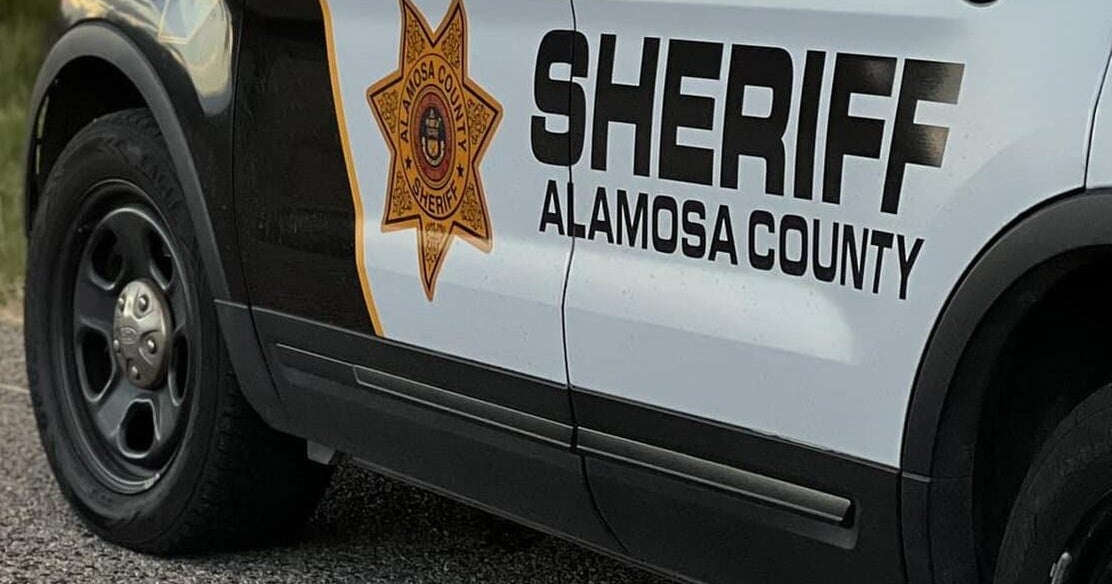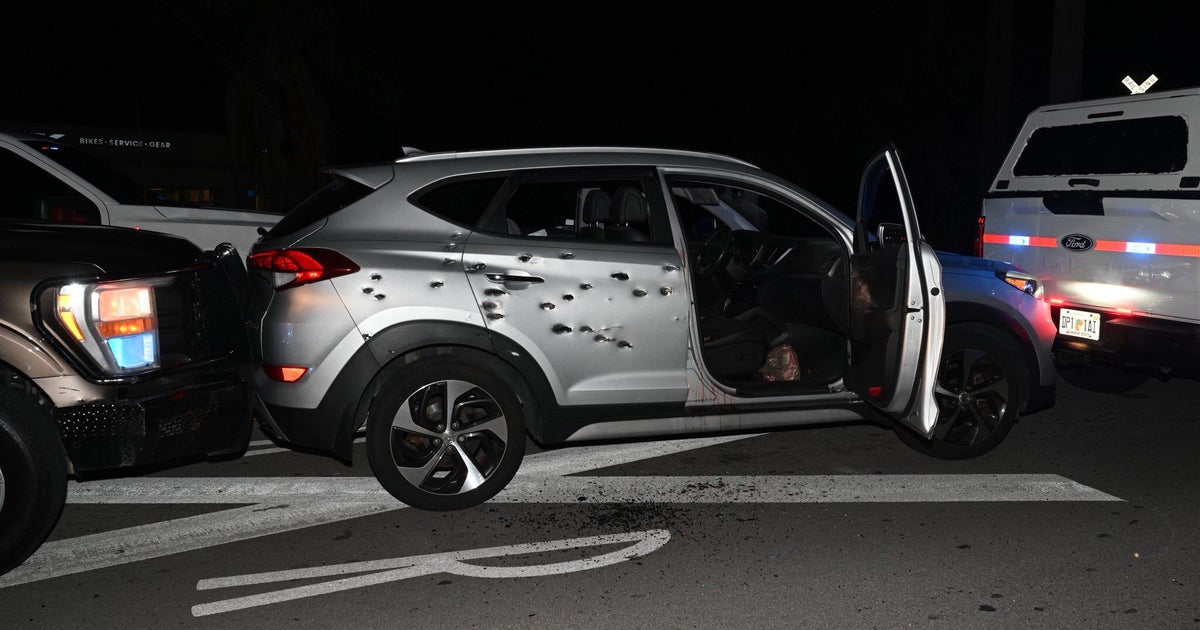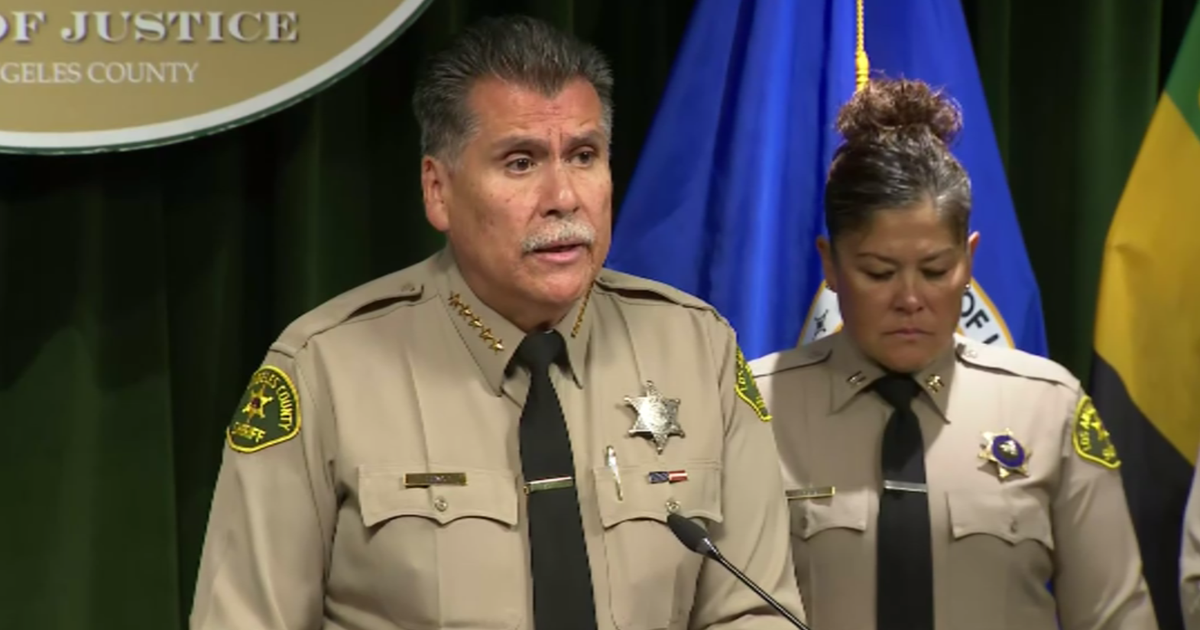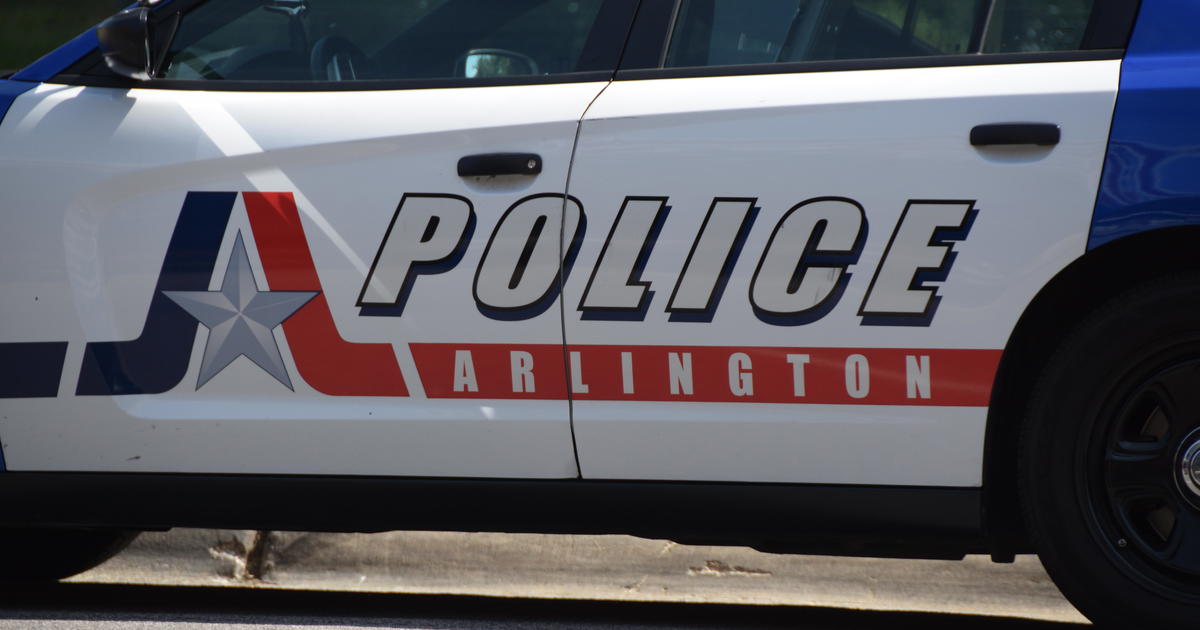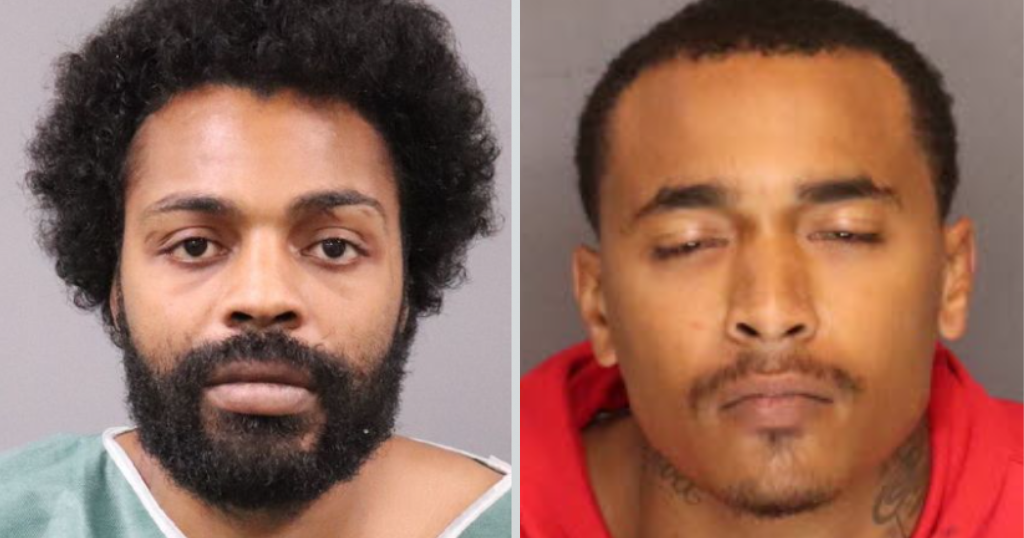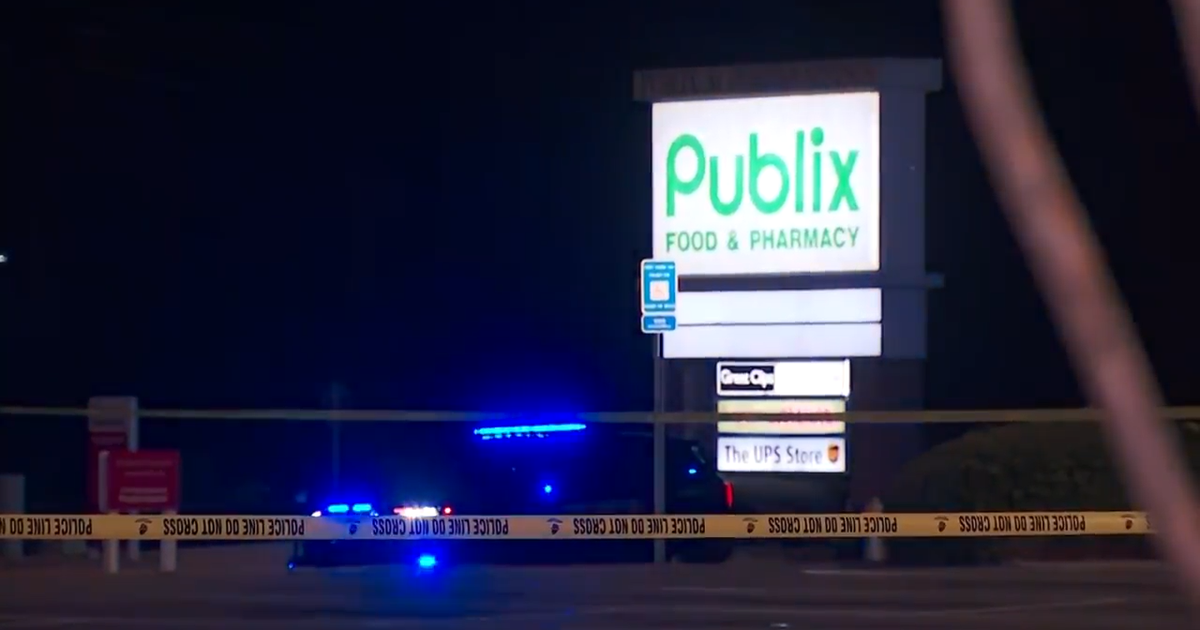New attention paid to stopping domestic violence in Colorado amid 3 recent murder-suicides
The death of a woman in an apparent domestic violence murder-suicide incident in Littleton early Monday came as yet another reminder of the toll of domestic violence killings in Colorado.
The Jefferson County Sheriff's Office says deputies were called to a home in the 4300 block of South Holland Way, just south of the Englewood Correctional Center, just after midnight, saying the father in the home was shooting at the mother. The woman and 54-year-old James Aragon were both found dead. One of three children inside was hit in the leg by a bullet and a deputy grazed in the leg as well.
RELATED: 2 adults die in apparent murder-suicide in Colorado, child also hurt
It follows two other incidents within the past week, one in which three men died in a family dispute at a Denver address in Adams County. A second involved the killing of Lucille Ruibal Rivera in a murder-suicide. She was a leader in health care, co-founder of the Tepeyac Community Health Center and vice-chair of the Chicano Humanities and Arts Council.
"It's hard to say," whether things are getting worse said Brandon Bowles, a development manager with the family justice center called PorchLight in Lakewood. Bowles has spent years as a victim and legal advocate. Domestic violence he said, is "a societal issue and I think we need to evolve our understanding of what this issue really is."
For many of the perpetrators, it remains an act of power and control. But there is more. There are difficulties for those -- the vast majority are women -- trying to get away from offenders.
RELATED: Domestic violence survivor shares immediate solutions to spike in fatalities
"Let's say you have children and you have to go to all of these different places to receive support but your primary caregiver for your children is the abusive party's family. How do you say hey I'm not bringing the kids? I'm going to go get a protection order instead," he explained. There might be financial barriers, fear of isolation or that power and control may have torn away at the confidence needed to act.
PorchLight, which opened in 2021, is a place where services are combined. Those seeking help can find therapists, child advocacy experts, law enforcement, victim and legal advocates and even animal shelter help in a place with a playroom for children and other options.
"What we have seen though since our doors opened, our numbers have increased almost consistently month over month," said Bowles, but it's not clear whether that's increased demand or simply that word is out that they are open.
Some things have become harder, says Alysia Noworatsky, a navigator at PorchLight: "Housing can be a huge barrier. Where will I go? How will I afford it?"
But no one who comes to PorchLight is forced to make a report or take any action.
"It's not my place to tell someone what to do or how to do it. It's to offer them options so they can decide what's right for them," said Noworatsky.
The responsibility, though, she believes, is not on the victims, but the perpetrators: "Until we look at why a person is choosing to use violence, and that what they're doing is wrong, instead of the message of 'why don't you leave?'"
Society, she believes, must take a critical look.
"Is it because violence is acceptable? Is it because we see it and we've become numb to it?" she asked. "I don't know the answer to that."
Resources for domestic violence survivors
- If you are in immediate danger, call 911.
- National Domestic Violence Hotline: Call 1-800-799-7233 or 1-800-799-7233 for TTY (for people who are deaf or hard of hearing), or if you're unable to speak safely, you can log onto thehotline.org or text LOVEIS to 22522.
- U.S. Department of Health and Human Services Office on Women's Health: Victims can visit womenshealth.gov to find a list of resources and programs that provide support for abuse victims in all 50 states, the District of Columbia, Puerto Rico and the U.S. Virgin Islands.

